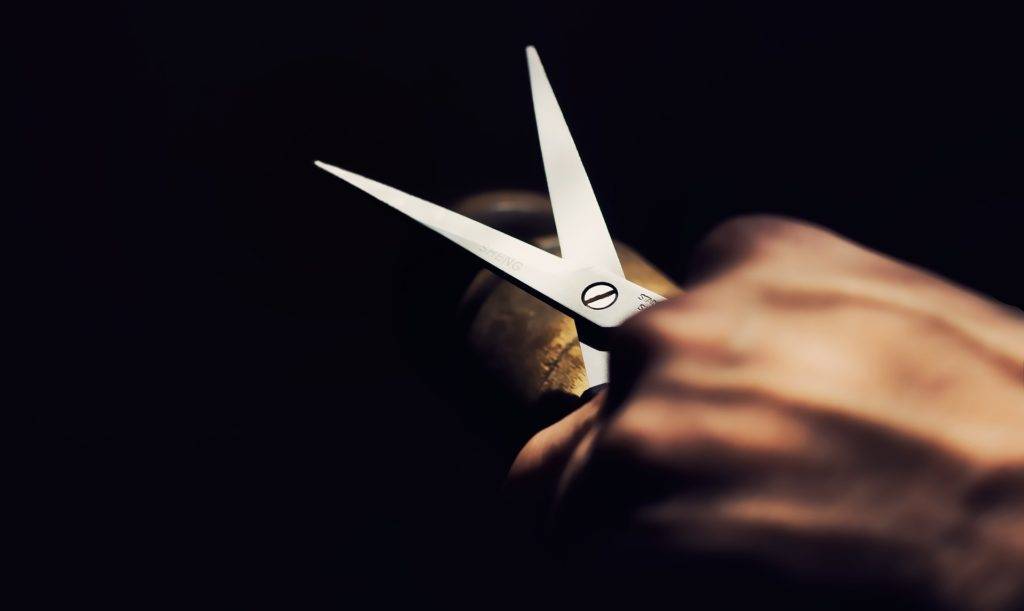I have written in the past about managing your time when giving a speech or presentation. One of my tips in the post above says to cut your presentation short if necessary.

Logistics, I wrote, will not always be within your control and your speaking time might be unexpectedly reduced. If you are told, 20 minutes before you begin speaking, that your scheduled one-hour presentation must now be delivered in 45 or even 30 minutes, can you adjust quickly and calmly? You should know which material to cut. If you have a slide presentation, you should also be able to open Slide Sorter (in PowerPoint) or Light Table (in Keynote) and know exactly which slides to pull.
That advice relates to planning ahead to cut material. Today, I want to talk about a specific situation that might lead to a snap decision during your talk to cut material.
The situation I have in mind is one that sometimes occurs just before the end of a speech. The speaker is in the process of concluding and says something that elicits an unexpected big applause from the audience. In most cases, this will be because the audience thinks that the speech has ended. In such cases, it is almost always the right decision to abandon whatever final words you had prepared, especially if there is nothing revelatory about them.
Most speakers will continue with their prepared conclusion and go right to the end. I have even seen speakers say something along the lines of “I’m not finished yet.” In every case, the ending became anticlimactic.
I recently saw an example of this on an episode of the The Late Show with Stephen Colbert. There was a special guest appearance by Jon Stewart of The Daily Show fame. Stewart delivered a satirical monologue on the Trump Presidency.
The monologue ebbed and flowed between humour and seriousness. At 6:55 of the video below (which I have set to start at 6:55) Stewart began to deliver his conclusion. At 7:22, he ends on a powerful sentence—”This we cannot do”—and the reaction from the audience is equally powerful.
But rather than stopping there, Stewart tried to talk over his audience (without success) to squeeze in a final line and some joke about the Democrats. He didn’t even get to finish; Colbert had to cut him off for the advertisement break. It would have been better to cut the prepared ending at 7:22 and let the applause run.
Nobody would have known (or cared) that Stewart had a few more words to say. The sentence, “This we cannot do” makes it abundantly clear what Stewart’s position is. Had he really wanted to get in his final line—”And by not yielding, we will prevail”—which he clearly did, it would have been better to wait until the applause died down. (I recognize, of course, that on national television with advertising pressures, one does not always have the luxury of time.)
If you are approaching the end of your speech and you get an amazing round of applause, use the time during which people are applauding to ask yourself a question: Do I have anything left to say that is so fundamental to my message that I have to say it? If not, cut your presentation there and then.
And enjoy the applause.
















4 Replies to “Be prepared to cut your presentation short”
Good point, and it’s one I’ve not heard focused on before.
At 7:23 you can see Stephen Colbert’s head, as though it’s about to pop up. So it seems even he thought that was the end!
Thanks Craig. Yes, Colbert was ready to pop up but he had to check himself.
Love the example
Yes, even the pros can mess it up!